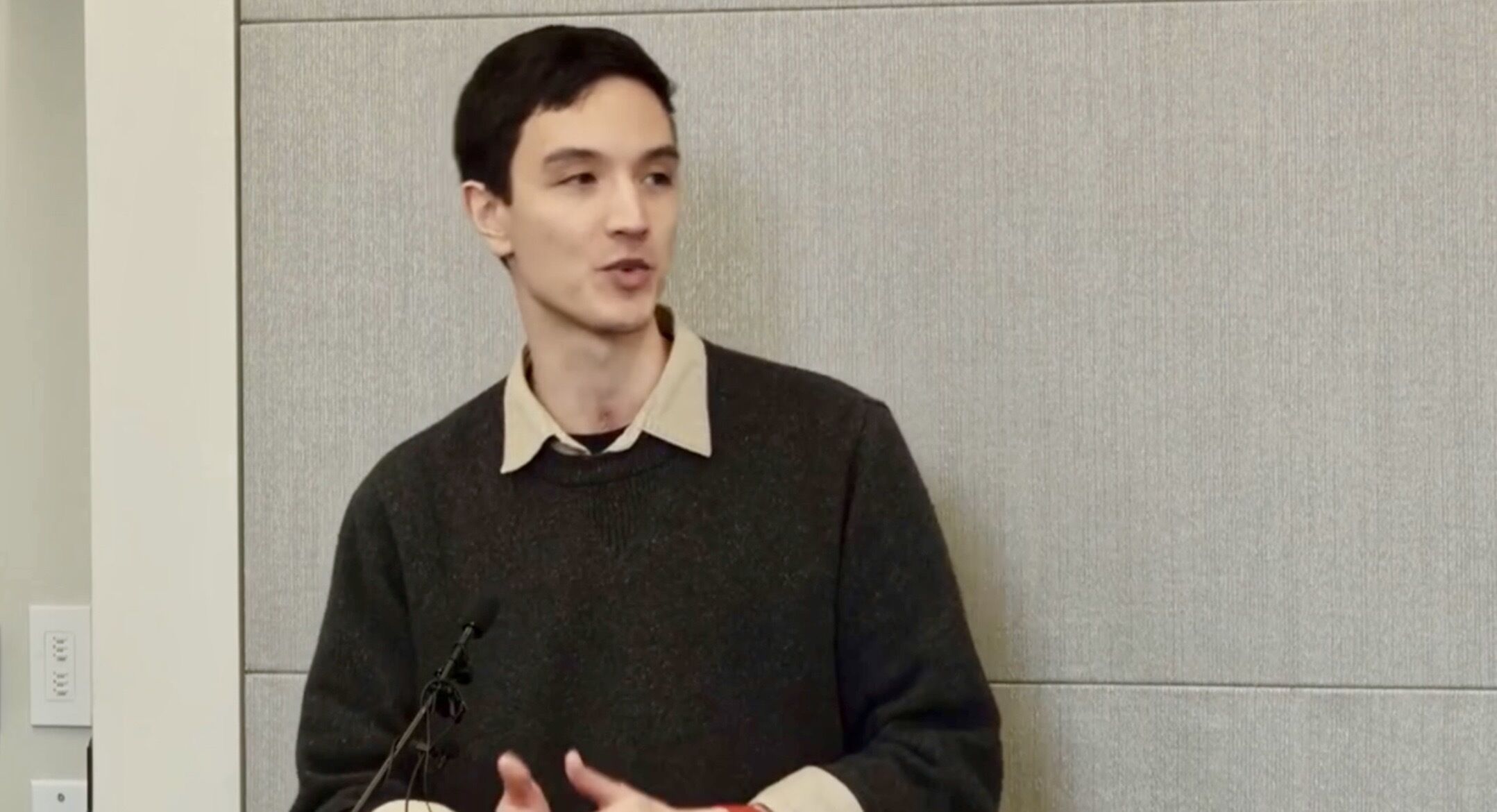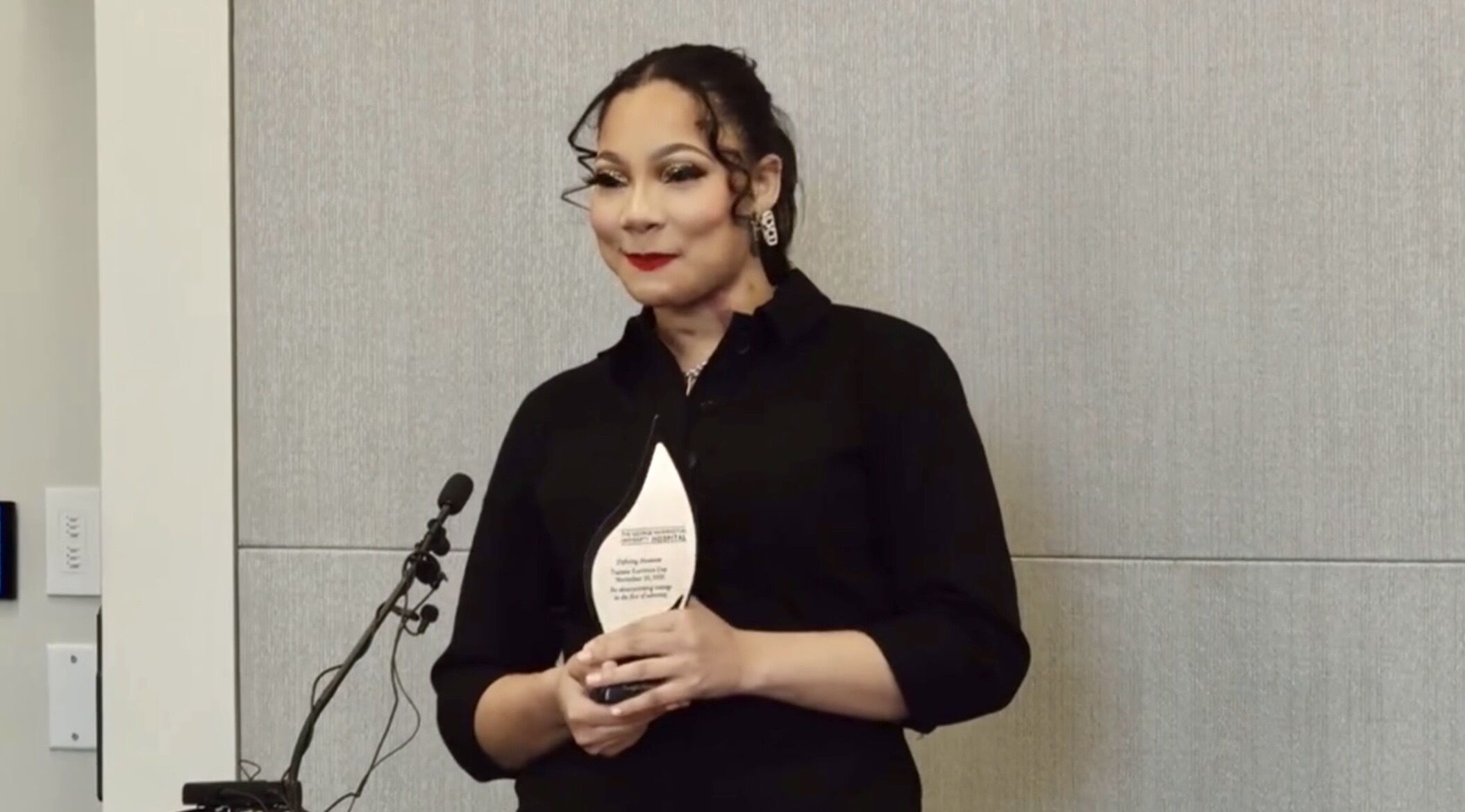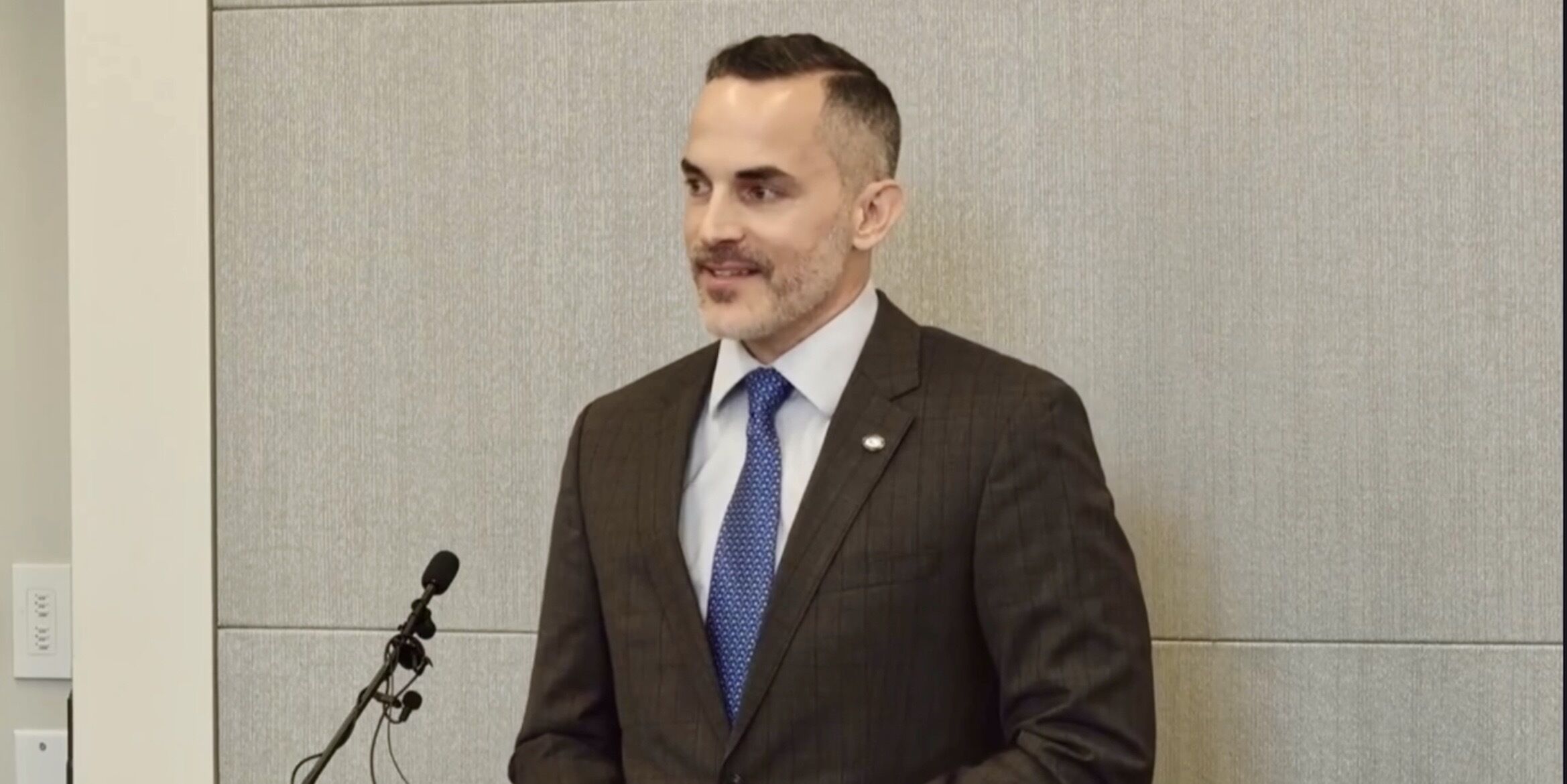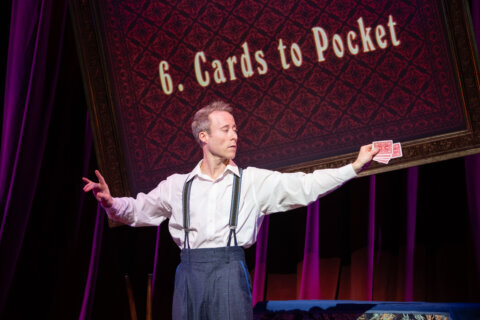Being severely injured is not only physically devastating, but it is often emotionally challenging too. That is why The George Washington University Hospital in D.C. is honoring patients for their resilience in recovering from serious trauma.
During an event Wednesday, several patients were acknowledged for enduring major injuries and getting on the road to recovery.
One of the patients, Konrad Woo, had some of the worst injuries the hospital had ever dealt with.

“They told me I was one of the most badly injured patients, and I thought, ‘Oh, that sucks,'” Woo said, as people in the room smiled and chuckled, impressed that he had a sense of humor about the situation.
Woo crashed his motorcycle during a morning commute back in February.
He suffered severe injuries resulting in internal bleeding, multiple spinal fractures, injuries to both lungs and a severely broken pelvis.
Woo spent more than one month in the hospital.
“I went from being scraped off the asphalt, to getting patched up by the trauma team, to learning how to walk again, to being right here, right now feeling pretty good,” Woo said. “It’s just practically amazing.”
Another patient acknowledged by the hospital was Tanija Moore, who was shot multiple times in the face and upper torso in April.

“I want to thank everyone who played a part in my recovery and saving my life,” Moore said.
Moore admitted that she was a difficult patient.
“I was very hard to deal with,” Moore said. “I appreciate everyone who stayed patient and still tried to work with me,” Moore said. “I just want to say thank you.”
Adam Say was another patient who was taken to GW Hospital with severe injuries.
Say had been a passenger in a ride-share vehicle that lost control and crashed in June.
“We eventually hit a curb, caught some air and crashed into two different concrete walls,” Say said, his voice cracking with emotion. “Just within a few more moments, the paramedics arrived and got me loaded into the ambulance.”
Say had multiple injuries, including rib fractures and crushed intestines.
He spent 10 days in the hospital.
“I’m certain that the depth of care in this hospital was not just the beginning of my physical healing, but also the support I needed for my emotional recovery,” Say said. “Thank you doesn’t even cover it.”









